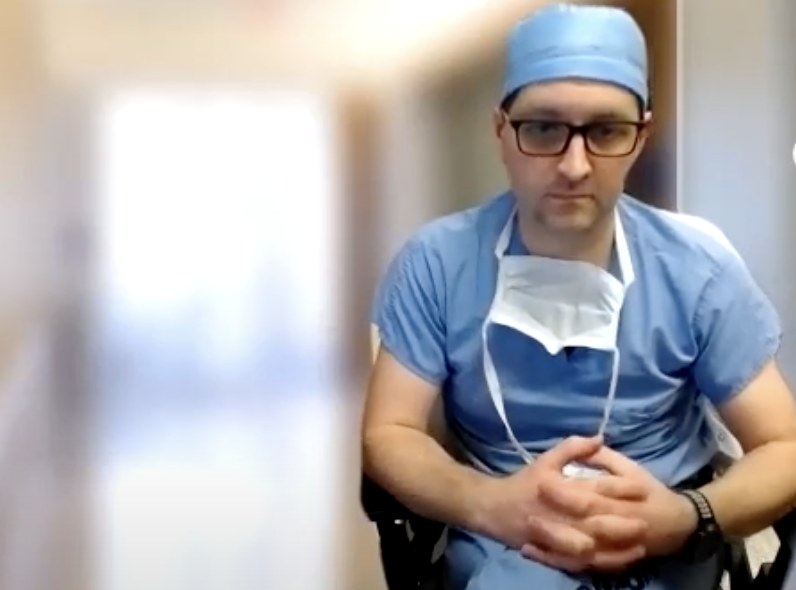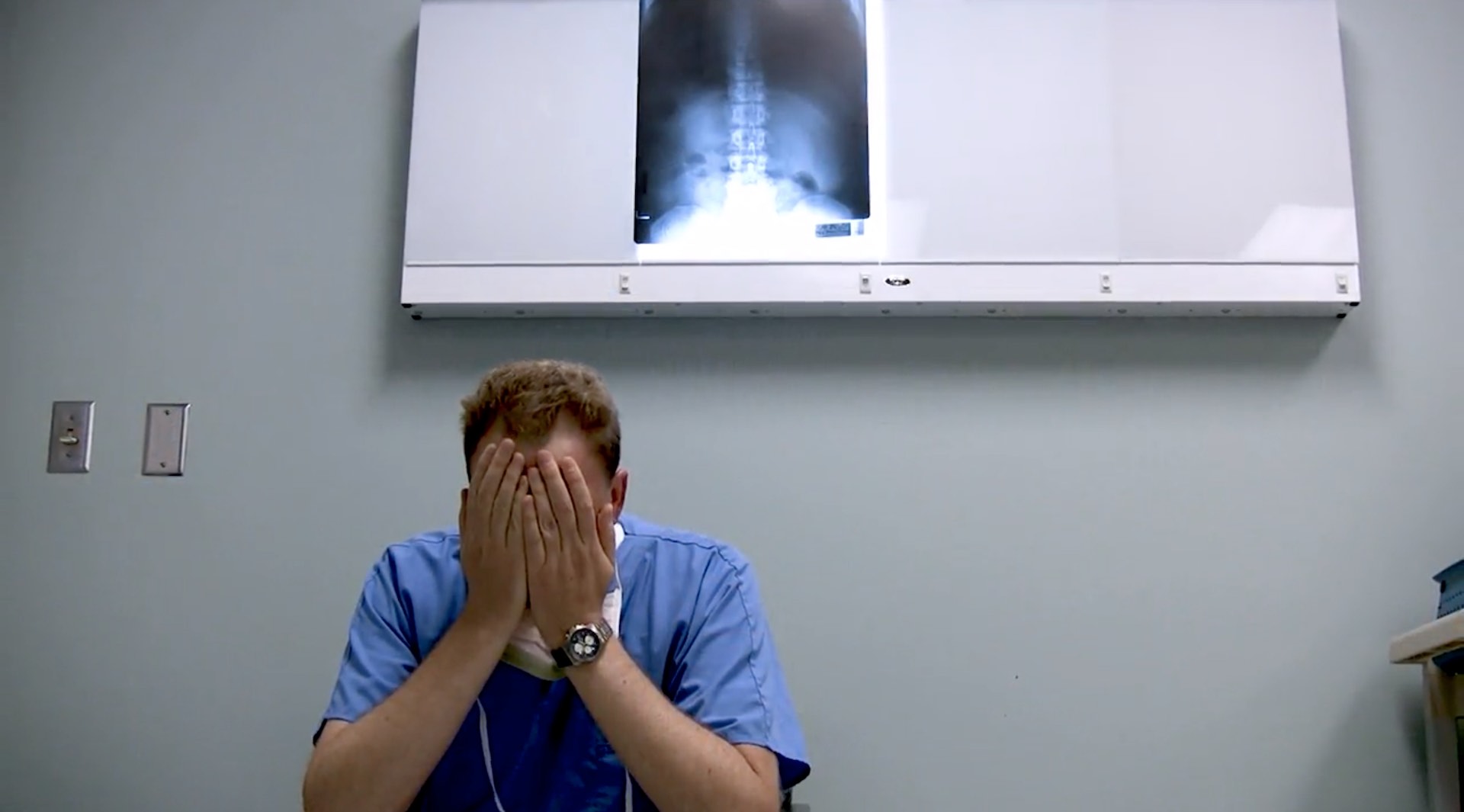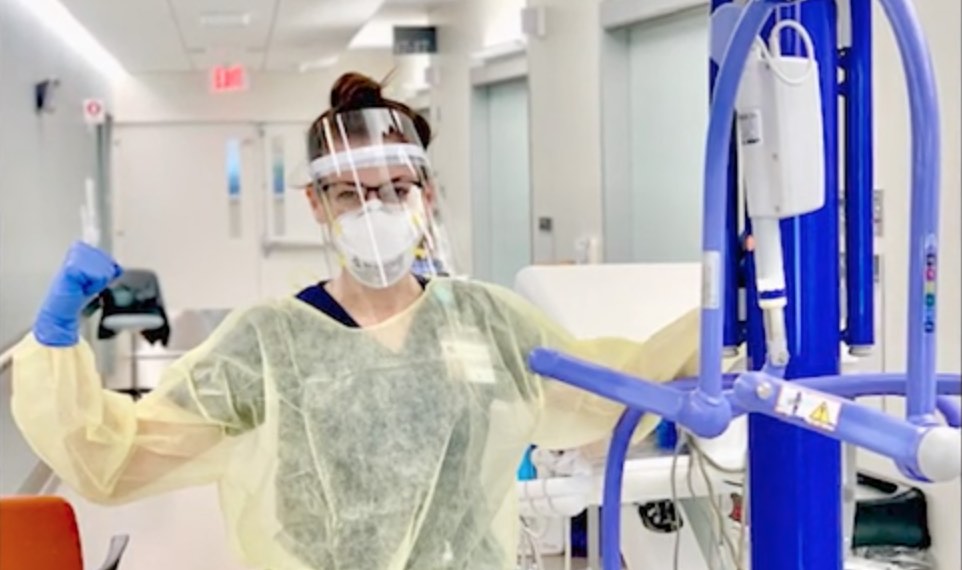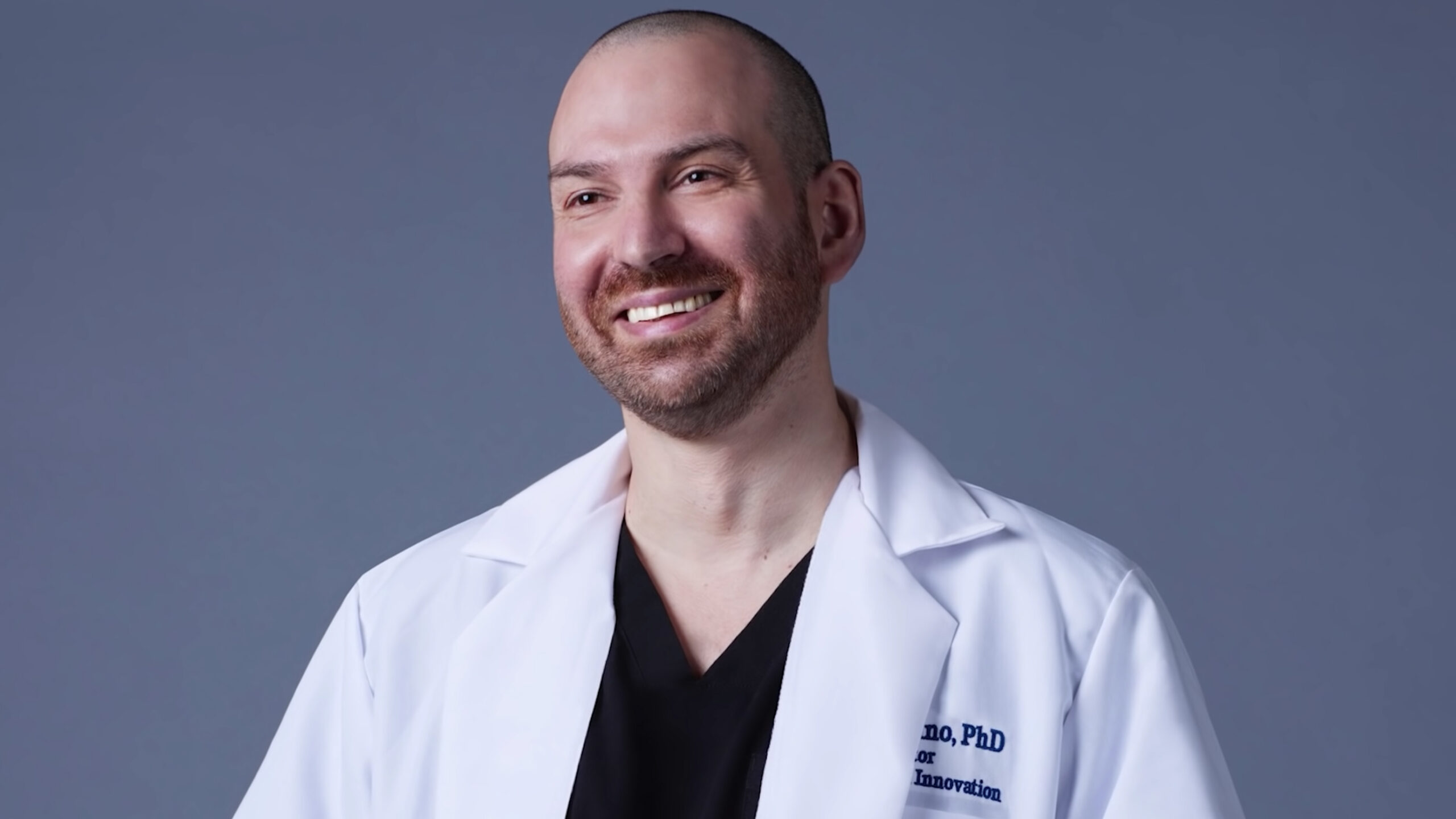NEW YORK (Reuters Health) – Neonates with arterial ischemic stroke are at increased risk for having at least one seizure in the following months, but this may not warrant prolonged prophylactic anticonvulsant therapy, according to a report in Pediatrics for June.
Dr. Sabrina E. Smith and colleagues at The Children’s Hospital of Philadelphia, Pennsylvania explain that while seizures are relatively common after perinatal arterial ischemic stroke, the incidence and timing of seizures is unknown.
To investigate, they identified 46 infants with confirmed acute arterial ischemic stroke on MRI. During a mean follow-up of 31 months, 11 of the infants (23.9%) had at least one seizure at a median age of 8 months. Five of these patients had a single seizure and the other 6 developed epilepsy.
No patients in this cohort experienced a first seizure after 27.6 months, and the cumulative probability of remaining seizure-free by 3 years was 73%, the report indicates.
Among the 46 infants in the study, 41 were treated with an anticonvulsant during the neonatal period for a median duration of 2 months. There was no significant difference in duration of treatment between the infants who had seizures and those who did not, Dr. Smith and colleagues found.
“This study showed that neonates with acute AIS (arterial ischemic stroke) have a low rate of seizure after hospital discharge,” they conclude, and add: “Given the high rate of seizure freedom in the first months and years after perinatal AIS, it may be a reasonable strategy to select early discontinuation of anticonvulsant agents on hospital discharge, rather than prolonged prophylaxis.”
Reference:
Risk of Later Seizure After Perinatal Arterial Ischemic Stroke: A Prospective Cohort Study
Pediatrics 2011;127:e1550-e1557.









